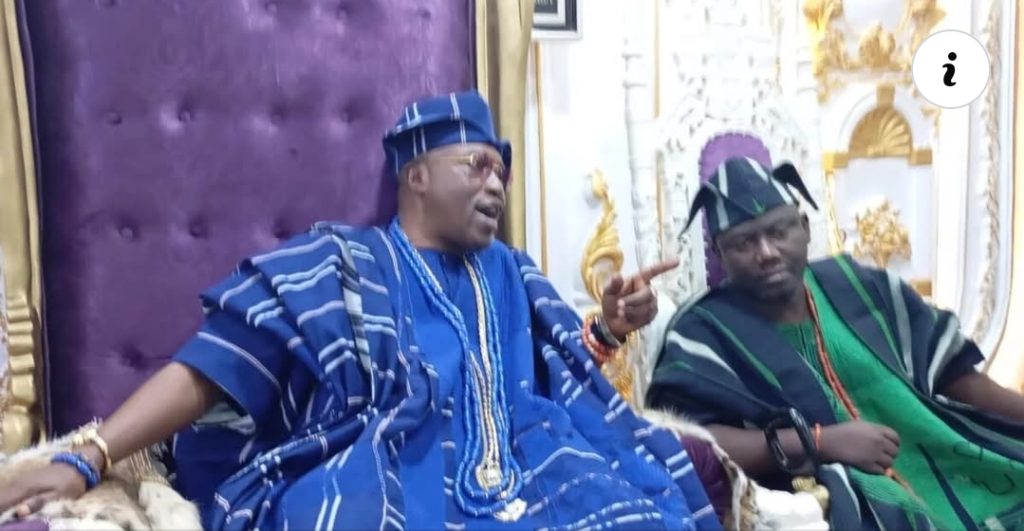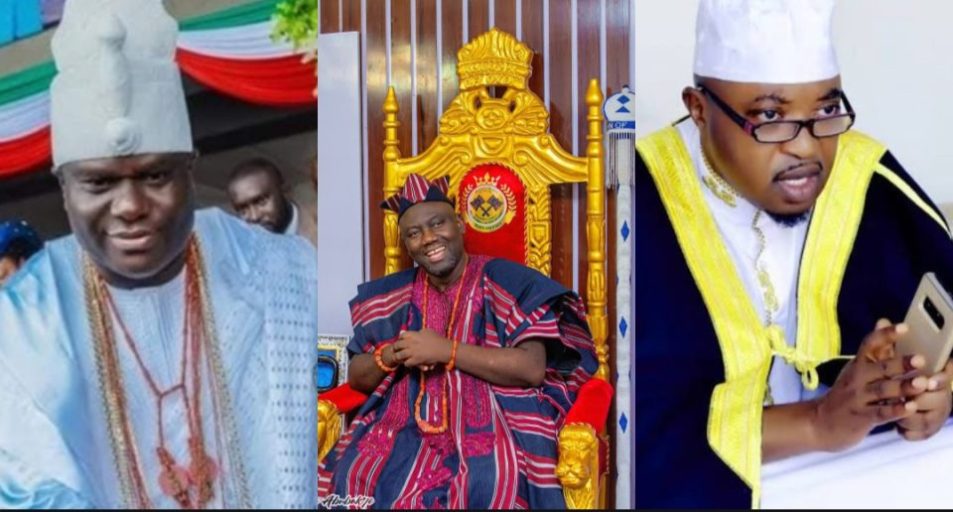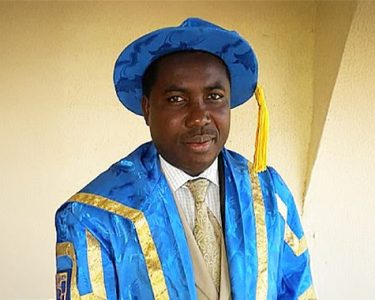
The institution of Yoruba kingship stands as a vital symbol of cultural heritage, continuity, and communal leadership. Central to this tradition is the expectation that monarchs embody wisdom, dignity, and respect for ancestral customs. However, the reign of Oba Abdulrasheed Akanbi, the Oluwo of Iwo, has been marked by controversies that raise questions about the balance between tradition and modernity in contemporary Yoruba leadership.
Oba Akanbi’s tenure has drawn significant public attention, often for reasons that seem to clash with the decorum expected of a traditional ruler. A notable incident in 2020 involved a physical altercation with the Agbowu of Ogbaagba, leading to his suspension by the royal council. Such episodes have sparked debates about discipline and respect within the traditional hierarchy, emphasizing that even monarchs are accountable to communal standards.
Beyond interpersonal conflicts, Oba Akanbi has made unconventional moves that challenge established cultural norms. His declaration that “no title is superior to the Alaafin” touched on sensitive issues of rank within Yoruba royalty. Moreover, his coronation of a foreign-born wife as queen, and their subsequent public divorce, drew media scrutiny and public debate. Adding another layer of complexity, the Oluwo has incorporated Islamic and Northern Nigerian cultural elements into his identity, notably adopting the title “Emir of Yorubaland,” a move viewed by some as a form of cultural reinvention, while others perceive it as controversial.
Supporters argue that Oba Akanbi is attempting to modernize the throne and make traditional leadership more relevant to younger generations. However, this approach raises questions about how modernization can be achieved without undermining the integrity and historical significance of Yoruba traditions. Cultural evolution, many contend, should be grounded in respect for ancestral wisdom rather than acts perceived as defiant or disruptive.
The ongoing tension between reform and tradition within the Yoruba monarchy reflects broader challenges faced by many African traditional institutions navigating contemporary realities. For the Oluwo of Iwo, the question remains whether his leadership style fosters genuine communal progress or prioritizes personal branding at the expense of cultural values.
As Yoruba kingship continues to adapt, the community watches closely to see how its symbols of heritage will maintain relevance and authority in a rapidly changing world.




